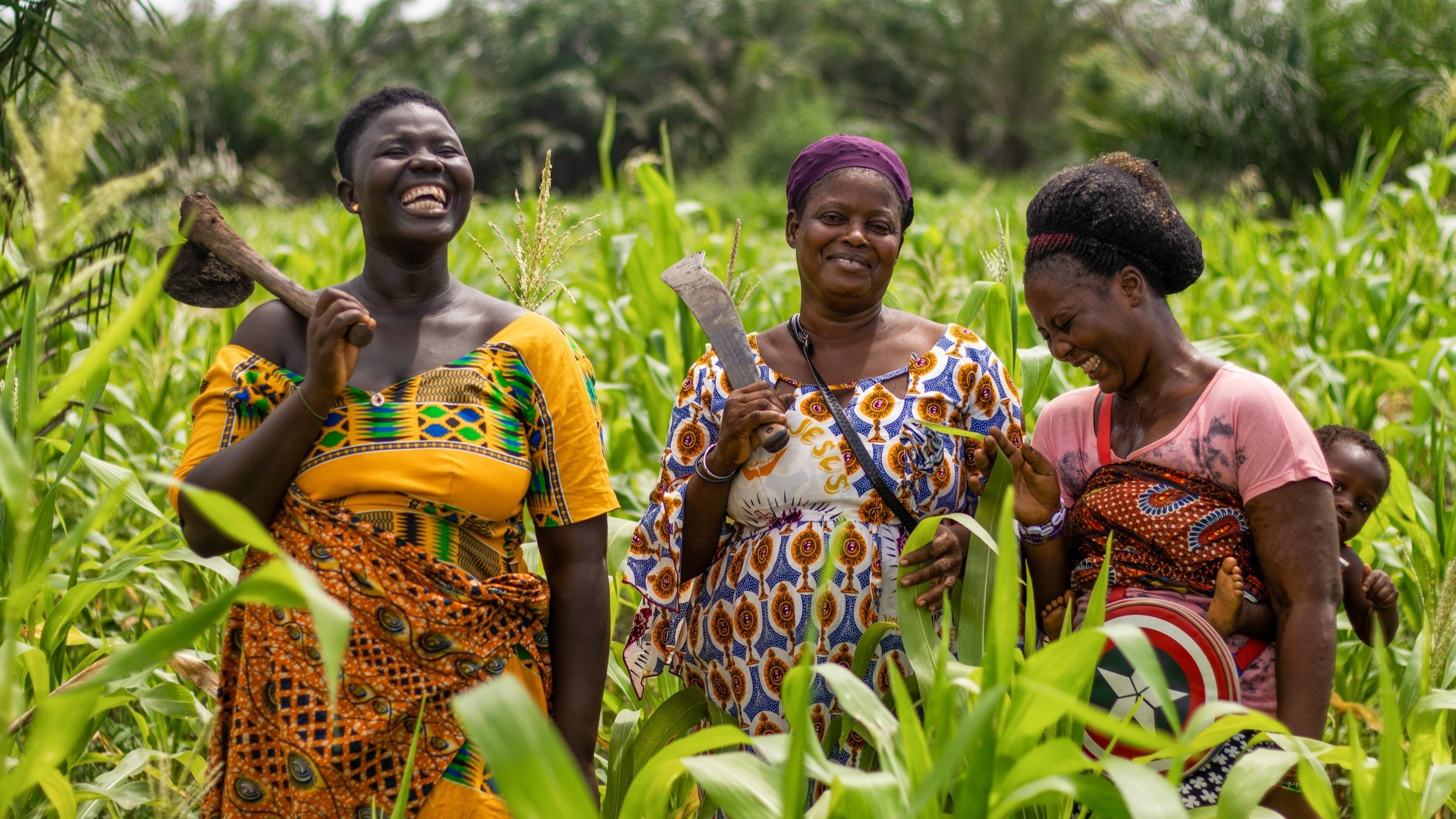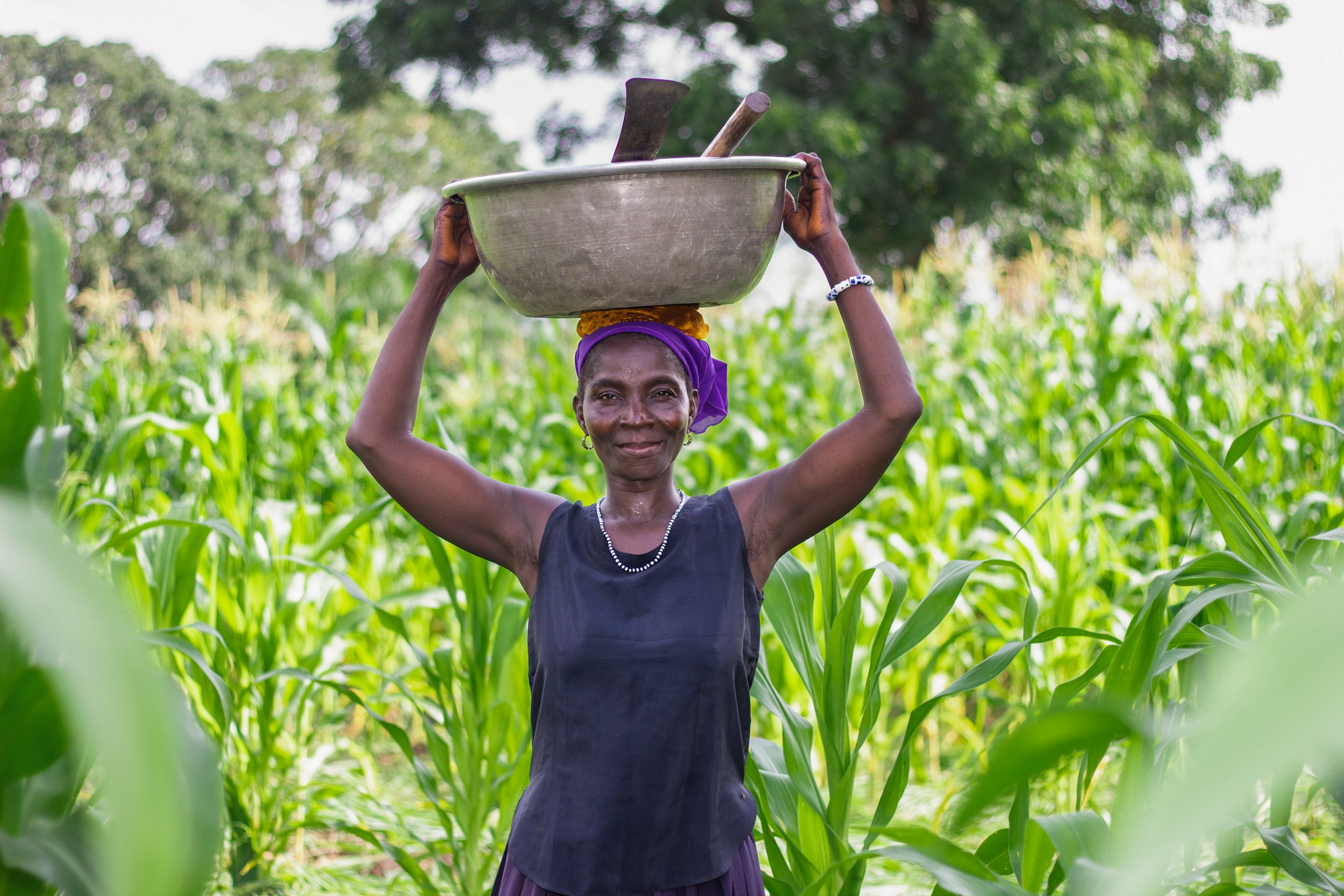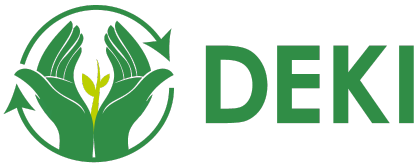
Opportunity, Not Poverty
Deki works with communities to build resilience to poverty and the effects of climate change
Together, we can create lasting change
Welcome to Deki!
We're an international development charity dedicated to supporting locally-led, sustainable change in rural Togo, West Africa.
By collaborating closely with local partners, we help communities to:
Build resilience to poverty through financial inclusion and training, and through the provision of locally managed essential services.
Increase resilience to climate change through enhanced farming practices and environmental sustainability initiatives.
Improve health, education, and livelihoods by empowering women to lead and take ownership of community development.
At Deki, we firmly believe in the intrinsic capabilities of local communities. Through collaboration, we work together to pave the way for a brighter, more sustainable future.
Community-Led Development Projects
-

Agricultural Cooperatives
Cooperatives give farmers a degree of certainty and play a vital role in socioeconomic development, food security and poverty reduction.
Our Farmer Field Schools give smallholder farmers practical experience in sustainable land management, empowering them to make positive and long-term change.
-

Safe Water
We rehabilitate broken boreholes which are often left in a state of disrepair as communities don't have the knowledge or money to fix them, bringing safe water to communities.
Eliminating the need to boil water reduces harmful carbon emissions and deforestation.
-

Carbon Reduction
We provide families with fuel efficient cookstoves, which use less than half the wood of open fires.
This reduces carbon emissions and smoke related health problems, whilst reducing deforestation.
Collecting less wood saves women and children an hour a day.
-

Microfinance
We empower communities to grow their livelihoods by forming self-led cooperatives and women empowerment collectives.
With training and financial support communities can work collectively to develop new skills and build resilience to extreme poverty.
-

Women's Empowerment Collectives
Our Women’s Empowerment Collectives are solidarity groups where women can come together to learn about their rights, become leaders and build their own businesses.
By supporting Deki, you are investing in lasting positive impact and empowering communities to become agents of change for the next generation.
We are grateful for every donation we receive and we promise that it will be used where it is needed the most.
We believe that given the opportunity, communities can thrive



